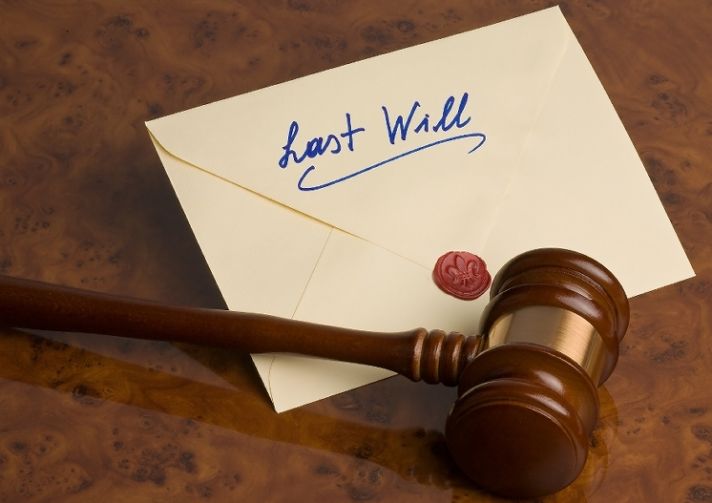Life is full of uncertainties, and while it’s natural to avoid thinking about our mortality, planning for the future is crucial for the well-being of our loved ones. Creating a last will is one of the most significant steps in this planning process. This legal document outlines your wishes regarding the distribution of your assets and the care of any minor children, providing clarity and direction for your family after you’re gone. Here are some compelling reasons why having a last will is essential.
- Ensuring Your Wishes Are Honoured
A last will lets you specify precisely how you want your assets distributed after death. State laws will determine how your estate is divided without a will, which may not align with your wishes. By clearly outlining your intentions, you can ensure that your possessions, money, and property go to the people and causes that matter most to you.
- Reducing Family Disputes
One unfortunate reality of passing away intestate (without a will) is that it can lead to disputes among family members. Disagreements can arise when the state decides how your estate is distributed, causing rifts that might never heal. A well-drafted document will provide clear instructions, help prevent conflicts, and ensure your family remains united during difficult times.
- Appointing a Guardian for Minor Children
If you have children under 18, a will allows you to designate a guardian to care for them if something happens to you. This is one of the most critical aspects of a will for parents. Without a will, the court will decide who should raise your children, which might not reflect your preferences or values. Naming a guardian in your will ensures that your children will be cared for by someone you trust.
- Managing Your Digital Legacy
Our online presence is integral to our lives in today’s digital age. A last will can include instructions on handling your digital assets, such as social media accounts, online banking, and other digital properties. This helps ensure that your digital legacy is managed according to your wishes and can provide access to critical information that might otherwise be lost.
- Supporting Charitable Causes
If some causes or organisations are important to you, a will allows you to leave a portion of your estate to charity. This can create a lasting legacy and support the work of organisations that reflect your values and passions. The opportunity to make such bequests is preserved with a will, as the state’s distribution plan does not account for charitable giving.
- Minimizing Estate Taxes
A well-constructed will can also help minimise the taxes on your estate. You can reduce the financial burden on your heirs by outlining how your assets should be distributed and taking advantage of tax-saving strategies. Estate planning tools, such as trusts, can be included in your will to help manage and protect your assets.
- Peace of Mind
Ultimately, having a last will provides peace of mind. Knowing you have a plan can alleviate stress and anxiety about the future. It allows you to focus on living your life to the fullest, secure in knowing that your loved ones will be taken care of according to your wishes.
Creating a last will is a vital step in estate planning that everyone should take, regardless of age or wealth. It’s more than just distributing assets; it’s about protecting your family, preserving your legacy, and ensuring your wishes are honoured. By drafting a comprehensive will, you can provide clarity and security for your loved ones during one of the most challenging times they will face.
Don’t wait for tomorrow. Take control of your future today by setting up a last will. Should you need assistance with your last will, please get in touch with us. It’s a gift of peace and certainty for yourself and those you care about most.

